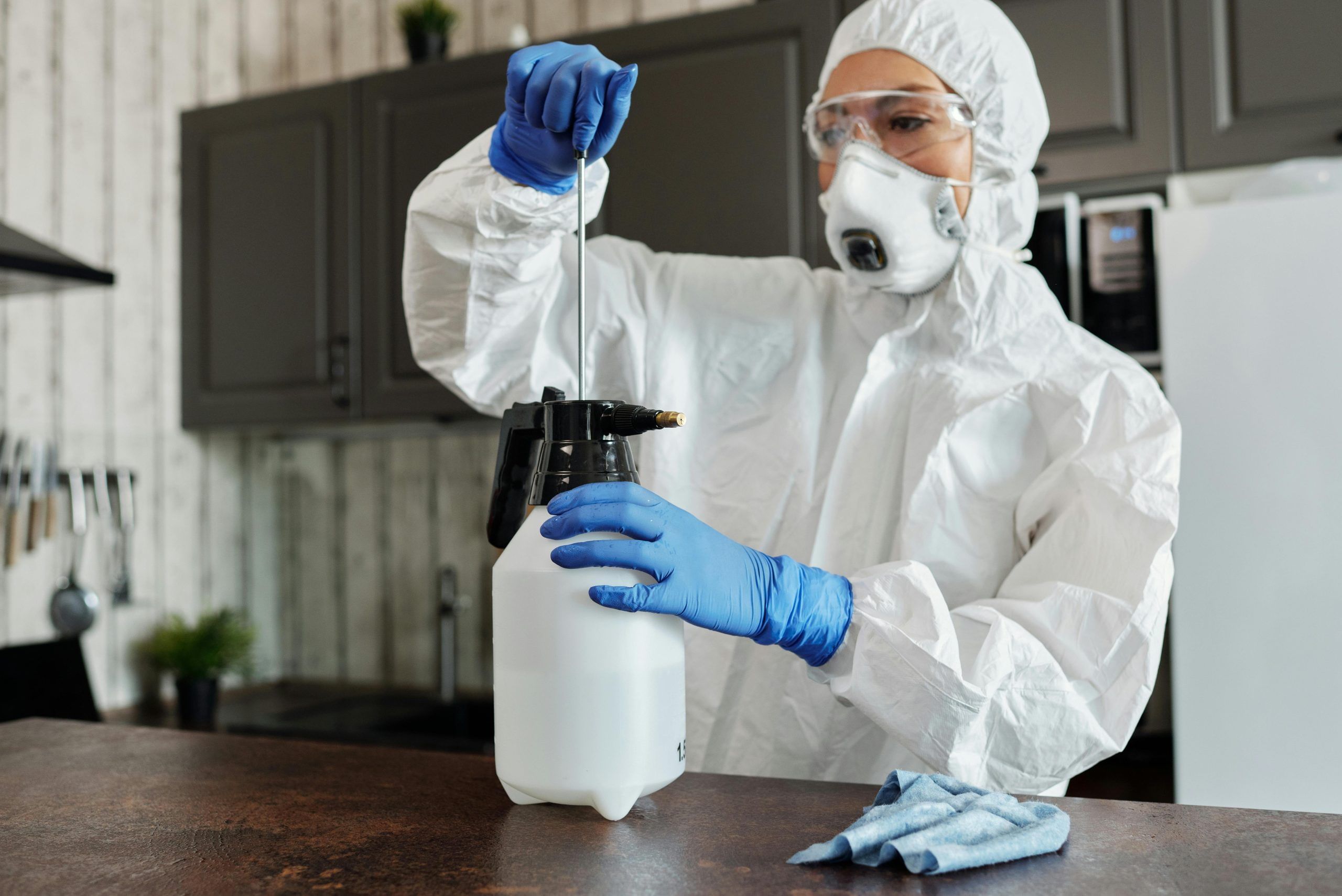New Delhi: The post-pandemic world has left many of us reaching for sanitizers more often than our phones. From door handles to groceries, we spray, scrub, and sanitize without a second thought. But what began as necessary protection is now raising medical concerns, especially for the gut and skin. We’re not meant to live in sterile bubbles. Our bodies, particularly our skin and gastrointestinal tract, rely on microbial diversity to maintain health. When we overuse disinfectants, antibacterial soaps, and alcohol-based products, we don’t just kill harmful germs—we also strip away beneficial microbes that help maintain immunity and inflammation balance.
In an interaction with News9Live, Dr Sandeep Reddy Koppula, HOD – Internal Medicine, Arete Hospitals, explained how using a sanitizer too much can do more harm than good.
The Hygiene Hypothesis: A 2024 Revisit
This theory suggests that a lack of exposure to everyday microbes weakens the immune system, leading to increased allergies, autoimmune diseases, and chronic inflammatory conditions. In clinics today, we are seeing a rise in eczema, gut issues like bloating and food intolerances, and even anxiety disorders that may link back to poor microbial resilience.
The Skin Barrier: First Line of Defense
Constant sanitizing can disrupt the skin’s natural lipid layer, making it dry, irritated, and prone to breakouts. The skin microbiome—a mix of bacteria, fungi, and viruses—is vital for keeping harmful invaders out. With too much cleaning, this balance is lost, and inflammatory skin conditions like dermatitis are on the rise.
Gut Health: Silent Victim
Triclosan-containing soaps, excessive antibiotics, and even ultra-clean environments reduce gut bacterial diversity. This affects digestion, immunity, and even mood, as the gut-brain axis becomes less efficient. People report more bloating, poor stress tolerance, and food sensitivities than ever before. The gut is now understood as a central player in overall health—what happens there doesn’t stay there. An imbalanced gut can send distress signals to the brain, affect hormonal rhythms, and even contribute to skin flare-ups. Over-sanitization, combined with a low-fiber, high-sugar diet, can throw this delicate balance off track. With fewer protective bacteria and more gut permeability, the immune system is left more reactive and more inflamed.
A Generation Growing Up Too Clean
Parents often feel they are doing the right thing by maintaining hyper-clean homes, disinfecting toys, and minimizing exposure to dirt. But emerging research shows that children raised in these ultra-sanitized environments may miss out on key microbial exposures that help ‘train’ the immune system. Without this early microbial interaction, the body may respond inappropriately to harmless substances later in life, leading to more allergies and inflammatory conditions.
This doesn’t mean letting go of hygiene entirely. It means shifting focus to targeted hygiene—cleaning at critical times and places, while allowing normal environmental exposure to support immune tolerance. Letting children play outdoors, interact with pets, and consume a variety of whole foods may do far more for their health than antibacterial wipes ever could.
So, What’s the Right Balance?
- Wash hands with plain soap and water for routine hygiene.
- Use sanitizers only when soap isn’t available.
- Avoid antibacterial products for daily use.
- Include fermented foods and probiotics in your diet.
Clean Doesn’t Mean Sterile
Living in a modern city doesn’t mean living in fear of germs. Healthy exposure to soil, pets, and even other people strengthens the immune system over time. Instead of aiming for a germ-free life, aim for a resilient one.
